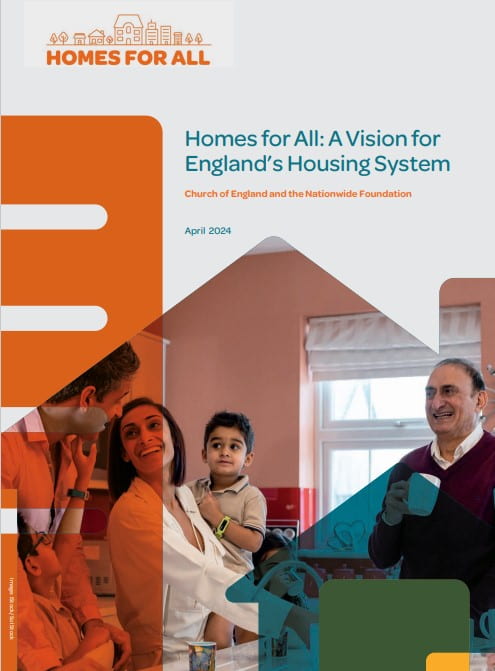
Homes for all: convening a coalition for change
SPS Professor Alex Marsh explains why this new report makes a distinctive intervention in the housing policy debate. In...

Intimate partner and domestic violence during Covid-19
The Centre for Gender and Violence Research is running a series of blogs produced by staff and postgraduate researchers to...

Could e-cycling assist individuals who have had a breast cancer diagnosis to be more physically active?
This study aimed to explore the potential role of e-cycling for individuals with a breast cancer diagnosis. It looked at...

Vulnerability, critical human security and state capacity in uncertain times: South Korea and the UK
Critical Human Security and Post-Covid Public Policy[1] Blog Series Intro Editors: Patricia Kennett and Huck-ju Kwon The...

Europe’s permanent state of crisis: post-COVID governance and critical human security
Critical Human Security and Post-Covid Public Policy[1] Blog Series. Blog No.2 By Dr Noemi Lenvai-Bainton, School for...

Digital transformation and critical human security: Theoretical propositions to explore opportunities and challenges for increased human security in public policy
Critical Human Security and Post-Covid Public Policy[1] Blog series. Blog No. 3 By Matthew Lariviere, School for Policy...


